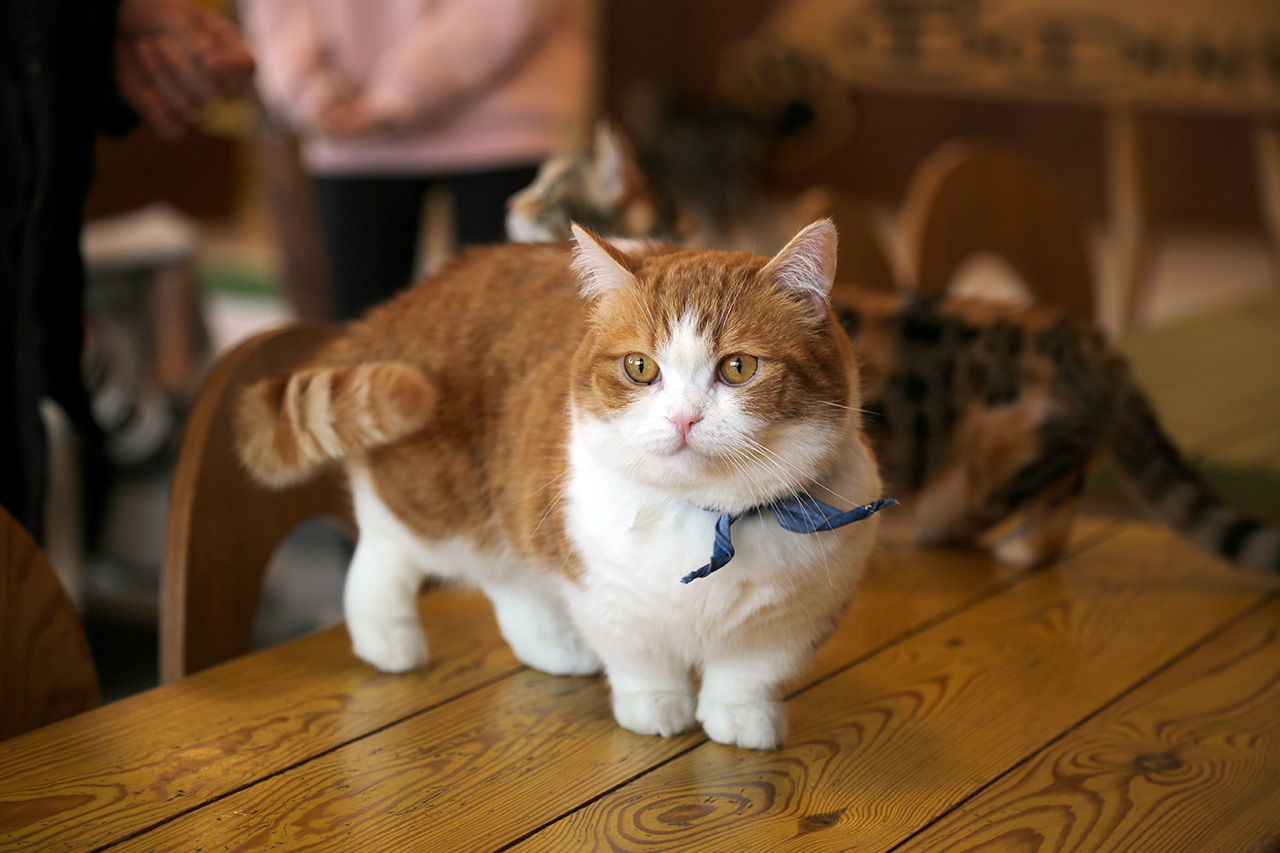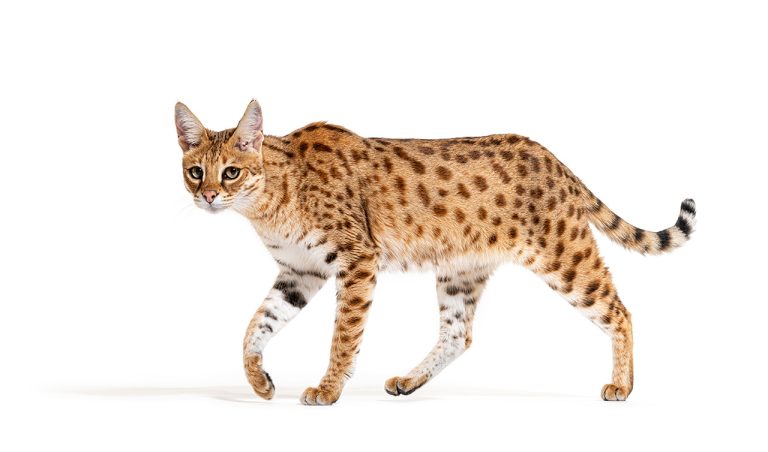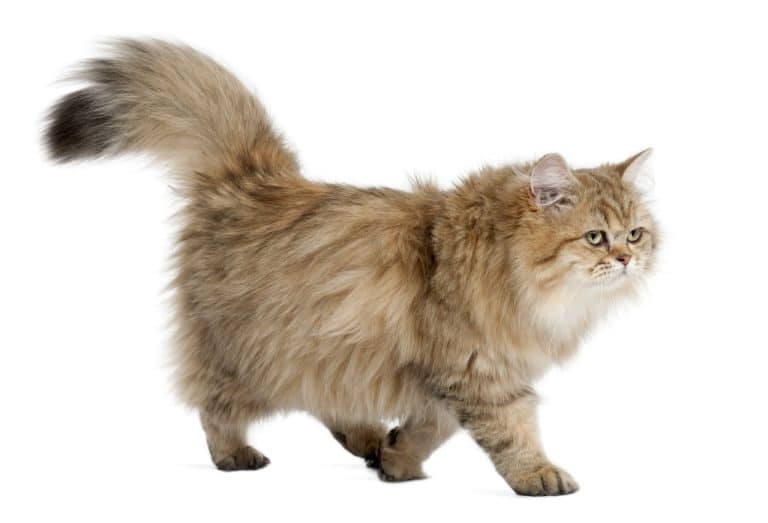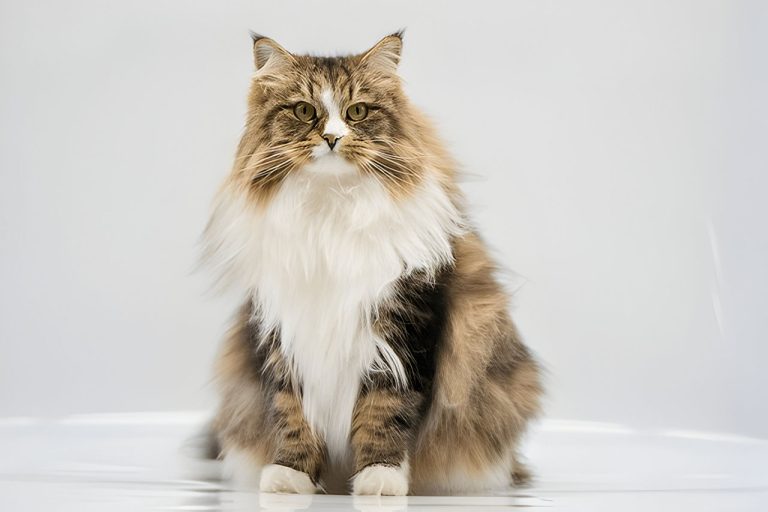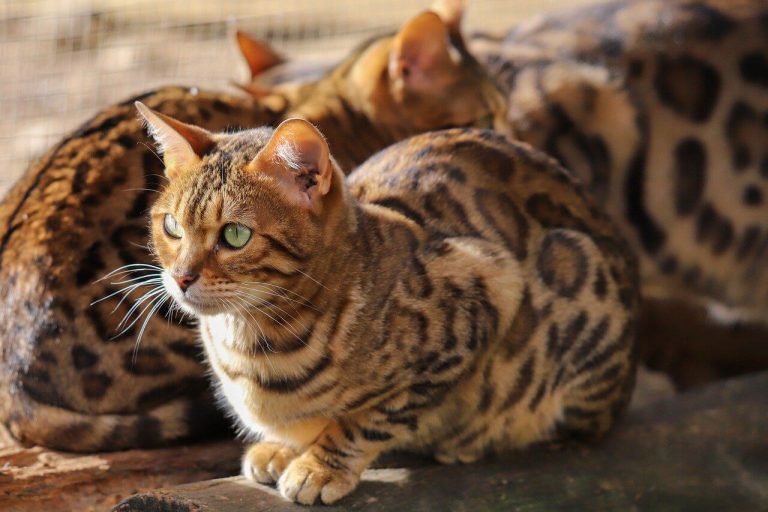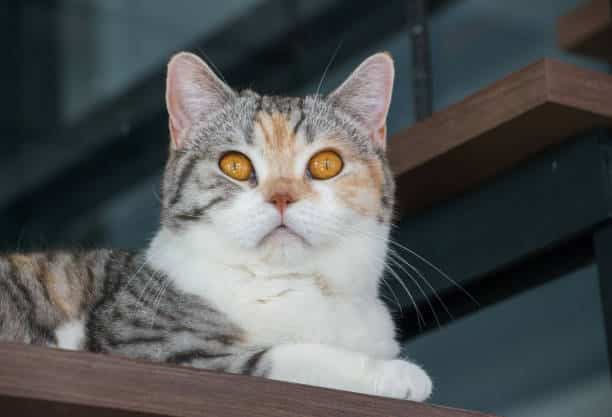Munchkin: The Adorable Cat with Short Legs and a Big Heart
The Munchkin cat is one of the most unique and recognizable cat breeds, famous for its short legs and playful personality. Despite their diminutive stature, Munchkins are full of energy, curiosity, and affection, making them a favorite among cat lovers who adore their cute and unusual appearance. Often compared to the Corgi dog breed due to their short-legged build, Munchkins bring a special charm to any home. In this article, we’ll explore the world of the Munchkin cat, delving into its history, physical characteristics, personality traits, and care needs.
A Brief History
The Munchkin cat is a relatively new breed, with its origins tracing back to the early 1980s. The breed’s short legs are the result of a naturally occurring genetic mutation, similar to the gene that causes short legs in certain dog breeds. The first known Munchkin cat was discovered in Louisiana when a schoolteacher named Sandra Hochenedel found two pregnant cats with short legs. She kept one of the kittens, named Blackberry, and the short-legged trait continued in Blackberry’s offspring.
The breed was named after the Munchkins from The Wizard of Oz, a nod to their small stature. In 1991, the Munchkin cat was introduced to the public at a cat show held by The International Cat Association (TICA). Despite some controversy and concern from breeders and veterinarians regarding potential health issues due to their unique structure, Munchkins have grown in popularity. They were officially recognized by TICA in 1994, and today they are cherished for their affectionate and playful nature.
Physical Characteristics
The Munchkin cat is instantly recognizable due to its short legs and compact build. Here are the key physical characteristics that define the Munchkin cat:
- Legs: The defining feature of the Munchkin cat is its short legs, which are caused by a genetic mutation that affects the length of the limb bones. Despite their short stature, Munchkins are agile and capable of running and jumping, although not as high as their long-legged counterparts. Their short legs give them a distinctive, low-to-the-ground appearance that is both cute and charming. Munchkins come in different leg lengths, categorized as “standard,” “super-short,” and “rug-hugger,” with rug-huggers having the shortest legs.
- Body: Munchkins have a medium-sized body with a well-rounded chest and a muscular build. Their body is slightly longer than it is tall, contributing to their characteristic low-slung appearance. Despite their short legs, Munchkins are sturdy and well-proportioned, with a tail that is often as long as the body, providing balance and agility. Their bodies are not disproportionately large for their legs, which allows them to move comfortably and efficiently.
- Head: The head of a Munchkin is a modified wedge with rounded contours, giving them a soft and appealing expression. They have high cheekbones and a gentle curve from the forehead to the nose. The head is proportionate to the body, enhancing their overall balanced appearance. Munchkins have a moderate chin and a muzzle that is neither pointed nor square.
- Eyes: Munchkins have large, walnut-shaped eyes that are widely spaced, giving them a bright and curious look. Their eyes can come in a variety of colors, often independent of their coat color. The eyes of a Munchkin are one of their most expressive features, capable of showing a wide range of emotions from playfulness to affection. Their large eyes give them an endearing, kitten-like appearance that appeals to many cat enthusiasts.
- Ears: The ears of a Munchkin are medium to large in size, set wide apart, and slightly rounded at the tips. They are alert and upright, contributing to the breed’s playful and inquisitive demeanor. The ears are set at a slight angle on the head, which complements the rounded contours of the face. The placement and shape of the ears enhance the Munchkin’s overall sweet and friendly expression.
Personality and Temperament
Munchkins are known not just for their unique appearance, but also for their lively and affectionate personalities. Here’s what you can expect from this endearing breed:
- Affectionate and Social: Munchkins are highly affectionate and enjoy being around people. They are known to form strong bonds with their owners and thrive on attention and interaction. Munchkins are social cats that love to be involved in their family’s activities. They are not typically aloof or independent, preferring instead to be close to their human companions. Munchkins are known to follow their owners around the house and often seek out laps to curl up in.
- Playful and Energetic: Despite their short legs, Munchkins are full of energy and love to play. They are agile and quick, often surprising people with their speed and dexterity. Munchkins enjoy interactive play and are known for their love of toys, especially those that mimic prey or involve chasing and pouncing. They are curious by nature and enjoy exploring their surroundings, often getting into small spaces and investigating new objects. Munchkins retain their playful demeanor well into adulthood, making them entertaining companions.
- Intelligent and Curious: Munchkins are intelligent cats that enjoy mental stimulation. They are quick learners and can be trained to perform tricks or respond to commands. Munchkins are curious and inquisitive, often exploring new areas of the house or examining new items with interest. Their intelligence, combined with their playful nature, makes them fun and engaging pets. They enjoy puzzle toys and activities that challenge their minds, keeping them mentally sharp.
- Friendly and Adaptable: Munchkins are friendly and sociable cats, known for their adaptability to different environments and situations. They get along well with children, other cats, and even dogs, making them great companions for families. Munchkins are not easily stressed and can adapt to changes in their environment with ease. Their friendly and outgoing nature makes them good companions for first-time cat owners as well as experienced cat enthusiasts. They enjoy being part of a family and often seek out social interaction.
Care and Maintenance
Caring for a Munchkin involves understanding its unique needs, especially regarding health and activity. Here’s how to care for this affectionate and playful feline:
- Diet: A balanced diet that is high in quality protein is essential for maintaining the health and energy of a Munchkin. Due to their active nature, they may require more calories than less active breeds. Fresh water should always be available, and it’s advisable to consult your veterinarian for specific dietary recommendations tailored to your cat’s age, weight, and activity level. Monitoring their weight is important, as Munchkins can be prone to obesity if overfed.
- Grooming: Munchkins come in both short-haired and long-haired varieties, and their grooming needs will depend on their coat length. Short-haired Munchkins require minimal grooming, typically weekly brushing to remove loose hairs and reduce shedding. Long-haired Munchkins require more frequent grooming to prevent matting and tangles. Regular grooming sessions provide an opportunity to bond with your cat and check for any signs of skin problems or parasites. In addition to brushing, regular nail trimming, ear cleaning, and dental care are recommended to maintain overall health.
- Exercise: Munchkins are active and playful, so providing them with plenty of opportunities for exercise is important. Interactive play sessions, climbing structures, and a variety of toys can help keep them physically and mentally stimulated. They enjoy activities that involve running, jumping, and chasing, so engaging them in active play can help prevent boredom and promote a healthy lifestyle. Munchkins appreciate interactive toys that challenge their intelligence and mimic hunting behaviors.
- Health: While Munchkins are generally healthy, they can be prone to certain genetic health issues related to their short legs, such as lordosis (a condition where the spine dips down) and pectus excavatum (a chest deformity). Regular veterinary check-ups are important to monitor their health and address any potential issues early. Responsible breeders screen for these conditions to reduce the risk of passing them on. Keeping their living environment clean and providing a stress-free space can also contribute to their well-being. Monitoring their activity and providing a safe, indoor environment can help prevent injuries related to their unique body structure.
Why Choose a Munchkin Cat?
Choosing a Munchkin means welcoming a unique, loving, and intelligent companion into your home. Their distinctive short-legged appearance, combined with their affectionate and playful nature, makes them a wonderful addition to any family. Whether you’re looking for a devoted lap cat or an active playmate, the Munchkin offers a perfect blend of charm, companionship, and entertainment.
Conclusion
The Munchkin cat is a breed that stands out for its distinctive short legs, compact build, and engaging personality. Ideal for those seeking a loving and intelligent feline companion, the Munchkin promises to bring joy, uniqueness, and a touch of fun into any household. With their modern origins and charming appeal, these adorable cats are sure to become cherished members of your family, offering love and companionship for years to come.

